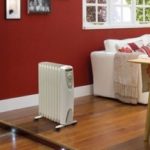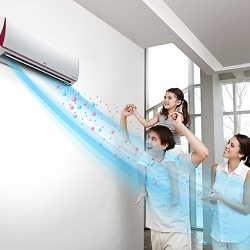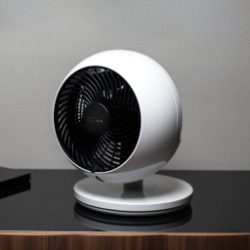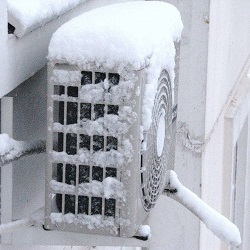What is good convector heater
Those who are seriously thinking about buying a convector heater, you should know that currently the industry produces appliances that work on different sources of energy. How to figure out among the huge number of new products and choose the most suitable option? The only answer is to study the characteristics of the goods before making a purchase.
How the device works
To understand how the device produces heat, it is enough to recall a school course in physics. As you know, warm air always tends up, and cold down.
Convector heaters are based on natural air circulation.
At the bottom of the device is a heating element in which hot air circulates. To increase the area of contact of cold air with the heat exchanger, the device is supplied with flat tubes or metal fins.In this way, the oxygen is heated and rises. One of the advantages of these radiators is the rapid spread of heat on the room.
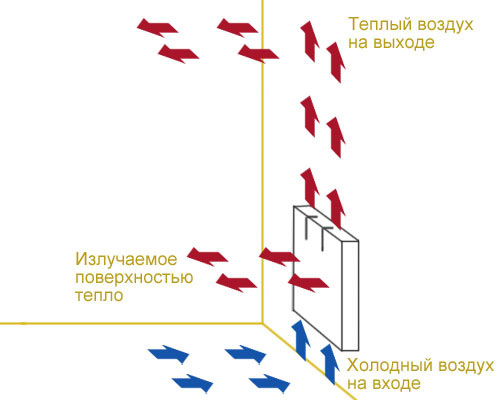
Kinds
Convector heaters are of three types:
- electrical;
- gas;
- water.
As a source of energy, they use, respectively: electrical energy, gas and water.
Electric convectors
Favorites among devices of this type are electric convectors. As the name implies, they heat the room with electricity. Differ by type of heating element. In devices can stand:
- tan;
- filament;
- spiral.
The most reliable are tenovye units. In these models, the filament is placed in a steel tube, heat passes through the aluminum housing.
Most of the shortcomings attributed to models with uninsulated string. An element in such structures constantly receives dust, which, when burned, deprives oxygen of moisture.
Electroconvectors, like any technique, have their advantages and disadvantages.
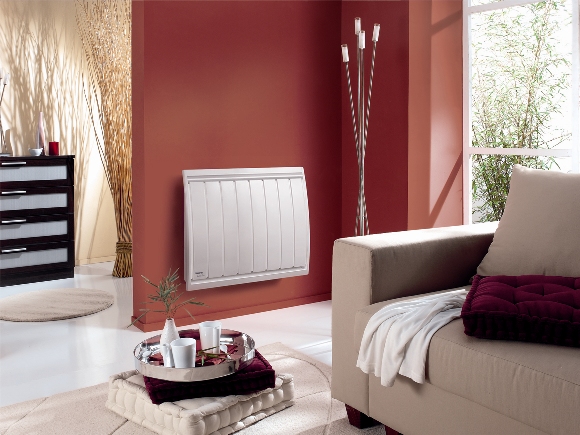
Positive sides:
- Radiators have a long service life.
- Tubular devices can work in damp areas.
- Thanks to protective grills, the risk of getting burned is minimized.
- Built-in thermal sensors protect against overheating and the risk of fire.
- Most devices have an automatic function that allows you to set the desired temperature mode.
- All electric convectors have a simple construction, so the repair will not be difficult. Naturally, at least basic knowledge of electrical engineering is needed for repairs.
- Heaters do not make noise.
- Easy installation. It is enough to fix the device on the wall or fasten a support to it.
There are fewer disadvantages than advantages, but they can drastically affect the decision to buy a heater. These include:
- Large power consumption.
- With long-term operation, work efficiency declines.
- Electric convectors are not able to heat large rooms.
- Separate models strongly overdry air.
Reviews on the forums of these radiators are mostly positive. The electric version is especially popular with the owners of individual houses, where there is no possibility of connecting other types of heating.
Gas
Gas convectors arranged the same way as electric. The difference lies only in the source of energy.
Installation of gas equipment will require additional costs for special hoses. But all this will quickly pay off, because gas convectors are much more economical than electric ones.
It should be borne in mind that gas is an inexpensive type of fuel, if only the house is connected to a gas pipe. Liquefied resource will cost no less than electricity consumption.
Gas devices definitely need an air inlet and an outlet for spent fuel.
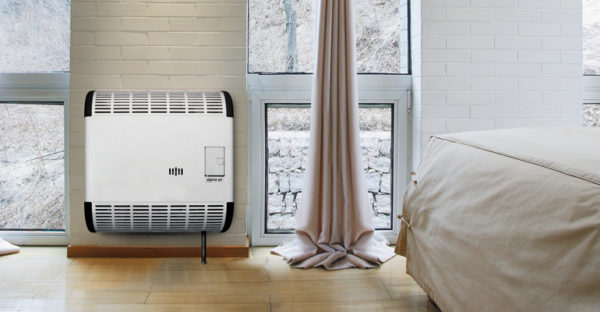
Advantages:
- If installed correctly, the instrument is completely safe during operation.
- The convector is suitable for rooms of any size.
- The devices are compact, have a different design, which makes it possible to harmoniously fit them into the interior of the home.
- These devices are well heated, even in severe frosts.
- Gas convectors are able to compete with some types of boilers.
- At termination of work heaters do not freeze.
There are not so many negative sides:
- One appliance can warm only one room.
- Gas installations cannot be used to boil water.
- Need a chimney.
- With expensive gas, the device is unprofitable.
If the house has affordable gas, there is a chimney, this method of heating becomes almost perfect.
Water
Water heaters repeat the principle of operation of the central heating system. it's one of the most economical types of heating.
The device is a copper pipe, equipped with aluminum fins. Depending on the installation method, the devices are divided into three types:
- wall mounted;
- floor standing;
- embedded.
Water convectors have external similarities with conventional batteries, but the main difference is that the convector raises the temperature in the room through warm air currents. A classic battery warms up due to heat transfer from the case.
Pros:
- High heating rate, compared with conventional batteries.
- Modern water convectors are equipped with an automatic temperature control system. Valves, taps and valves are provided.
- The devices are compact and light.
- Only room air is used, ignoring the street air that comes in, for example, through a window.
- Excellent work even at low temperature coolant.
- Low power consumption.
- Built-in heaters are invisible.
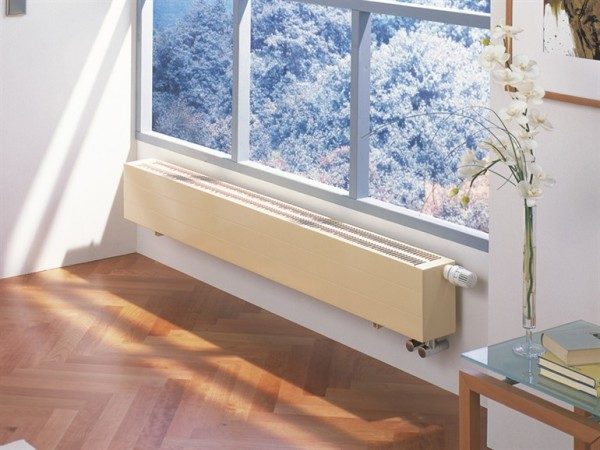
Disadvantages:
- The device is ineffective in large areas and in rooms with high ceilings.
- Uneven heating of the room and drafts is possible.
- In tandem with forced ventilation, the benefit of a water heater is zero.
Thus, having familiarized with all types of convector heaters, it can be concluded: gas-type is suitable for large rooms. The electric heater is suitable as an additional source of heat, and the title of the most economical device goes to the water convector.
More and more people, for various reasons, are abandoning conventional heating systems and are turning their attention to modern methods of maintaining heat, including various types of convectors.

/rating_off.png)






